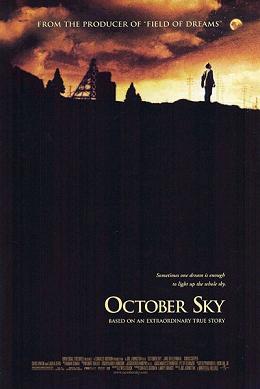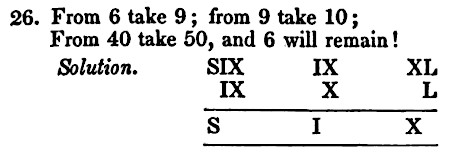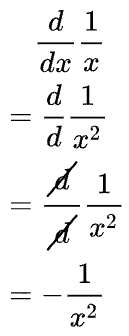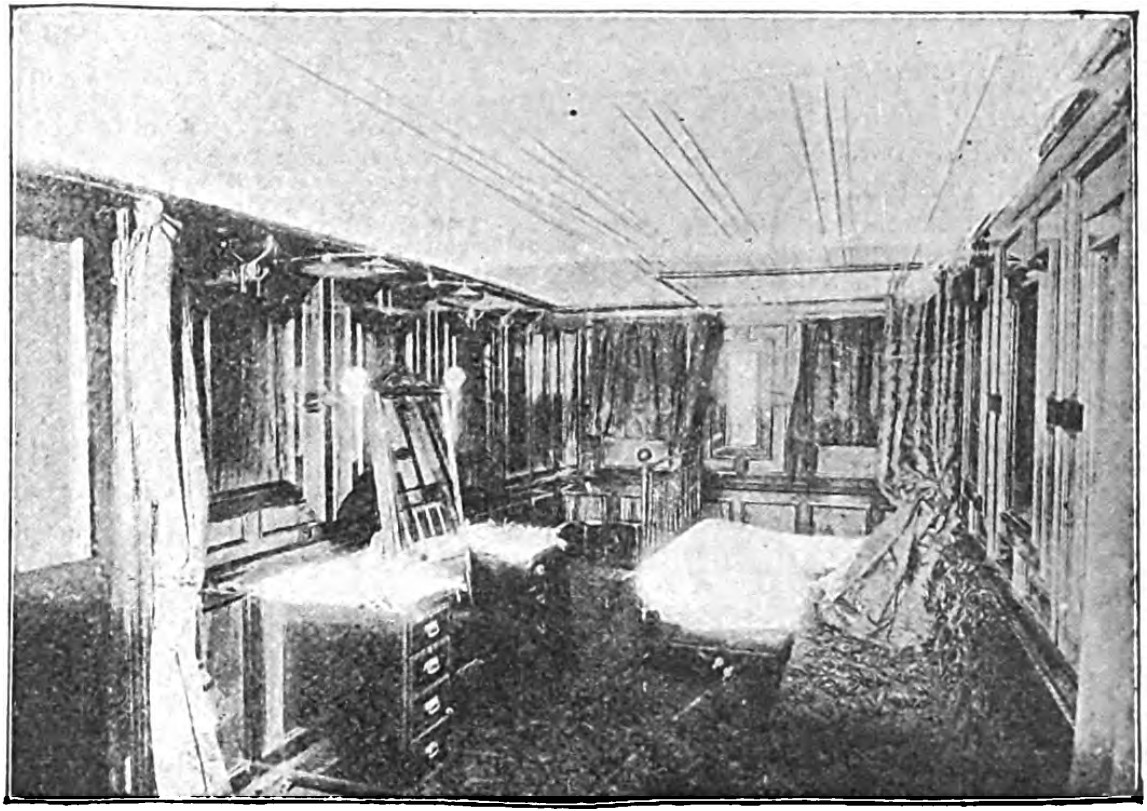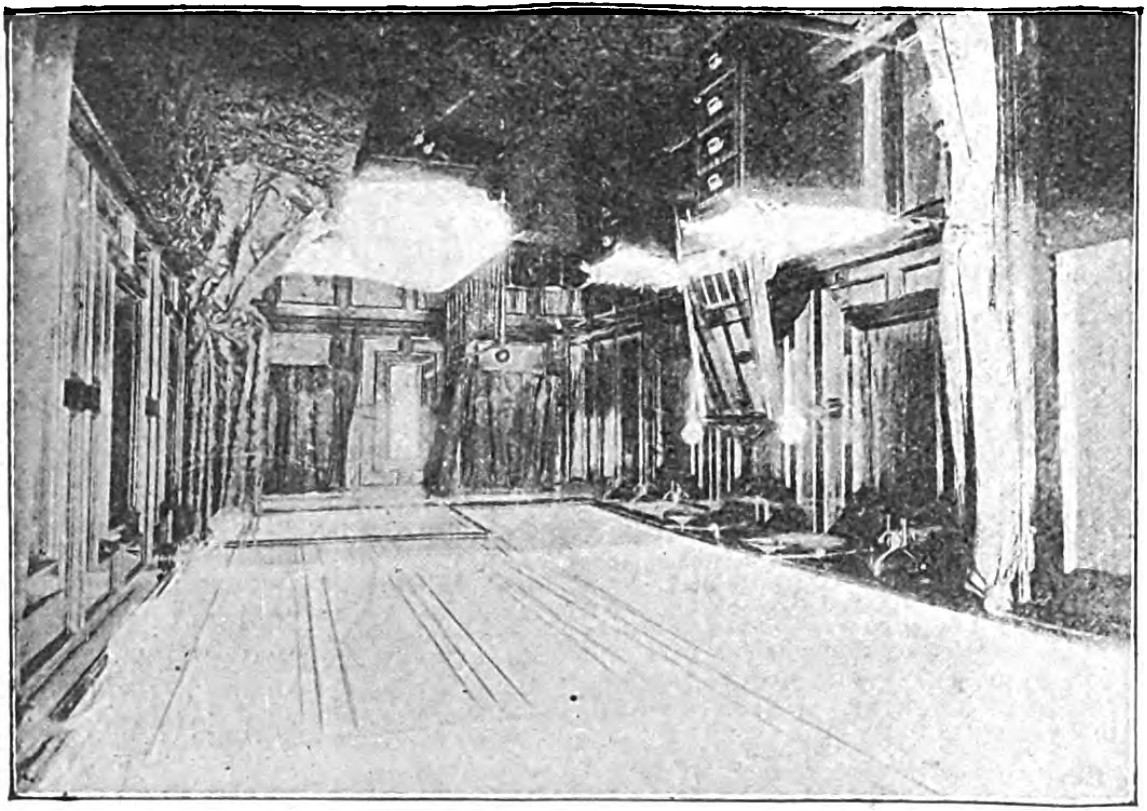In 2014, three truck drivers sued Oakhurst Dairy of Portland, Maine, alleging that they’d been unfairly denied four years’ worth of overtime pay. Maine law generally required time-and-a-half pay for each hour worked above 40 hours, but it listed exemptions for:
The canning, processing, preserving, freezing, drying, marketing, storing, packing for shipment or distribution of:
(1) Agricultural produce;
(2) Meat and fish products; and
(3) Perishable foods.
That’s not quite clear. Does the law exempt the distribution of the three categories listed, or does it exempt packing for shipment or distribution of them? The confusion shows the value of the so-called Oxford comma, the often-skipped comma that follows the next-to-last item in a series, as in “A, B, and C.” A comma after “shipment” would have eliminated the ambiguity in the language above; the drivers’ lawyer said, “That comma would have sunk our ship.” But without the comma, the court ruled, the meaning is uncertain, and the dairy had to pay the drivers $5 million.
In 2017 the state legislature replaced the troublesome passage with this:
The canning; processing; preserving; freezing; drying; marketing; storing; packing for shipment; or distributing of:
(1) Agricultural produce;
(2) Meat and fish products; and
(3) Perishable foods.
The New York Times wrote, “So now we get to replace Oxford comma pedantry with semicolon pedantry.”
See Details.
(Thanks, Edward.)
